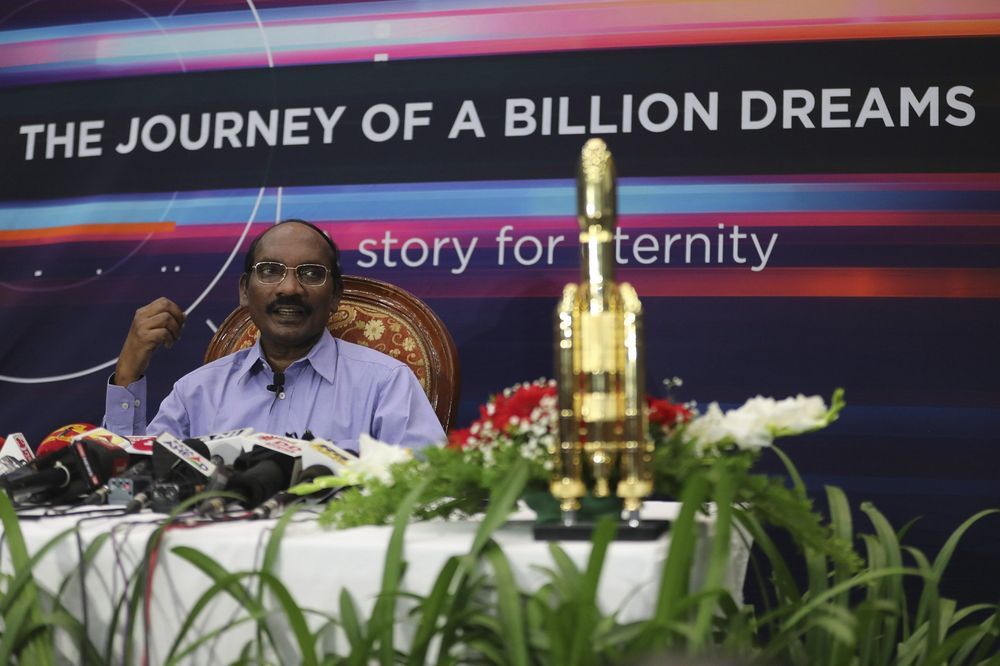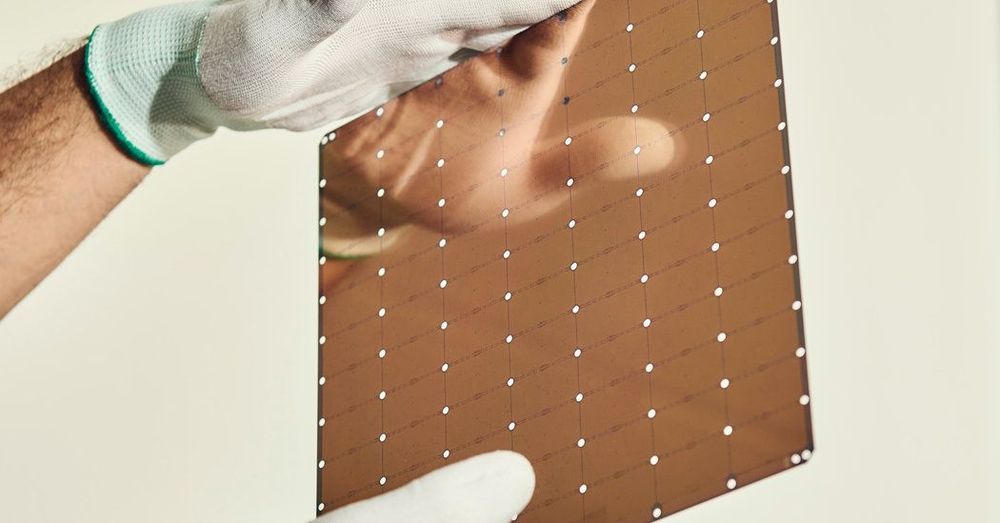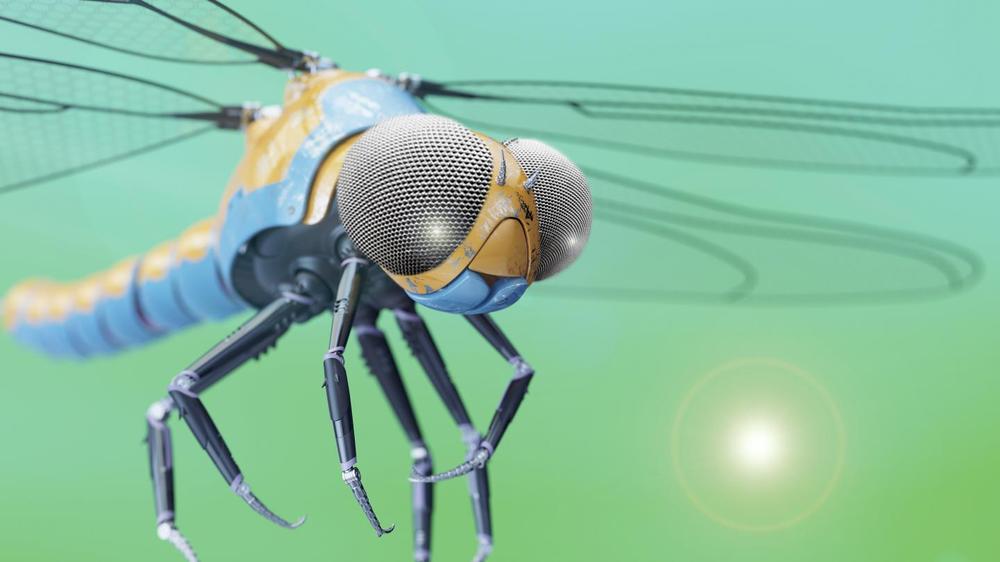NEW DELHI (AP) — An unmanned spacecraft India launched last month began orbiting the moon Tuesday as it approaches the lunar south pole to study previously discovered water deposits.
The Indian Space Research Organization said it successfully maneuvered Chandrayaan-2, the Sanskrit word for “moon craft,” into lunar orbit, nearly a month after it left Earth. The mission is led by two female scientists.
Chandrayaan will continue circling the moon in a tighter orbit until reaching a distance of about 100 kilometers (62 miles) from the moon’s surface.







